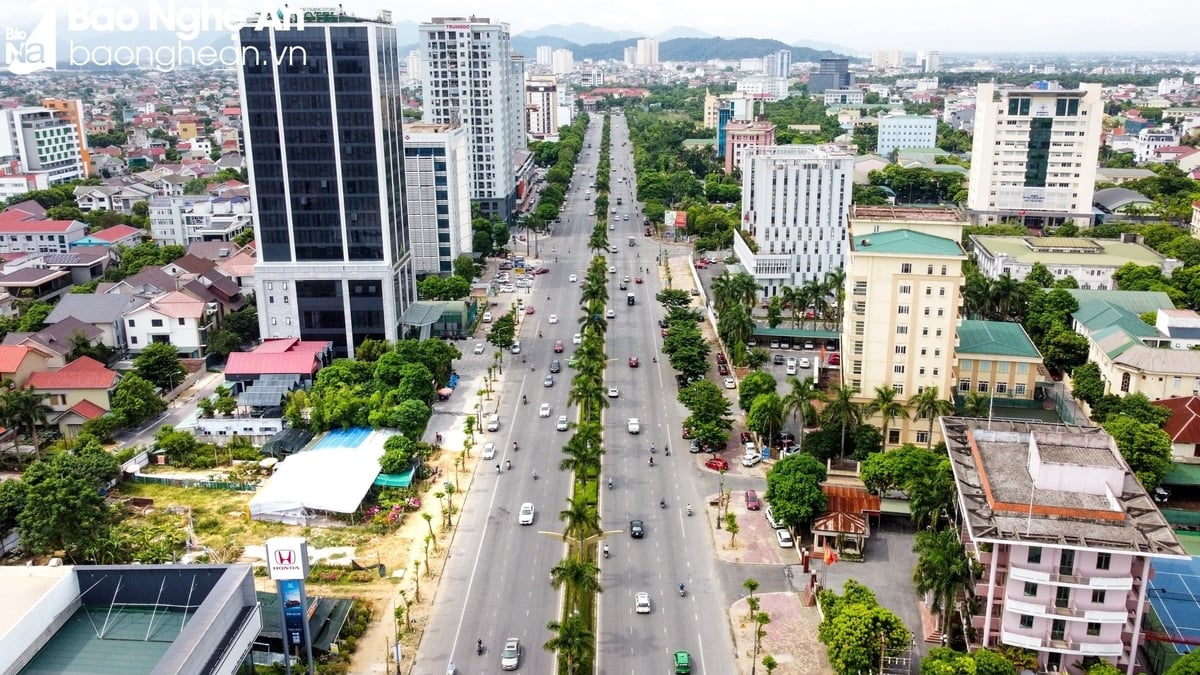On May 9, Ho Chi Minh City University of Medicine and Pharmacy Hospital - Branch 3 informed about a case of peripheral facial paralysis in the context of the weather gradually changing to the rainy season.
Specifically, a 30-year-old woman woke up with symptoms of right-sided facial paralysis, including eyes that could not close, a deviated philtrum, and a crooked mouth when speaking. Instead of going to the hospital, she treated herself at a traditional massage facility for 14 days, but her condition did not improve and even became worse.
At Ho Chi Minh City University of Medicine and Pharmacy Hospital - Facility 3, electromyography results determined that the patient had right peripheral VII nerve palsy.
After three weeks of intensive treatment at the hospital, the patient's facial function has recovered about 80%. The patient is being monitored for a full recovery.
Dr. Au Van Khe, University of Medicine and Pharmacy Hospital, Ho Chi Minh City - Branch 3, said that records at the hospital show that the number of facial paralysis cases increases significantly during the change of seasons or during the peak hot season, when people use fans and air conditioners frequently.
According to Dr. Khe, when the weather changes, a sudden cold wind can also cause serious consequences such as peripheral facial nerve palsy, also known as facial paralysis.
This is not just a problem for the elderly or those with underlying health conditions. Even young, healthy people can fall victim if they do not take proper care to protect their bodies during the cold season.
"According to modern medicine, when the weather changes, wind and cold rain can constrict the blood vessels that nourish the facial nerves, causing local ischemia leading to damage. Another cause is the latent virus (HSV-1, shingles) that can reactivate when the body is weakened by weather changes, causing damage to the VII nerve," said Dr. Khe.
In addition, people with underlying diseases such as metabolic disorders, cerebral circulation, and high blood pressure are also at high risk of damage to the VII nerve.
According to traditional medicine, this disease is often caused by cold wind invading and blood stagnation in the face. People with weak constitutions and poor blood circulation are susceptible to "evil spirits" when the weather changes suddenly.
Facial paralysis is not just a cosmetic condition - it also seriously affects the patient's daily life and psychology. The change of seasons is the time when people need to be more vigilant about unusual changes in the body.
According to Dr. Khe, peripheral facial nerve palsy can be identified through signs such as facial asymmetry, mouth distorted to the healthy side; loss of forehead wrinkles, and the paralyzed eye not closing completely.
The patient has a deviated philtrum, drools when drinking, food easily gets stuck in the cheeks, and may have earache and tinnitus if the cause is a virus.
If not hospitalized for early treatment, the disease can lead to sequelae such as facial muscle stiffness, prolonged mouth distortion, decreased sense of taste...
To avoid facial paralysis when the weather changes, people need to keep their head - neck - face warm, especially when riding a motorbike, bathing late at night or using air conditioning, wearing a raincoat when traveling in the rain...; avoid sitting directly in front of a fan or air conditioner.
When there are signs of suspected facial paralysis, you should see a doctor early. Do not massage yourself without professional guidance to avoid making the injury worse. People who have had the disease need to maintain light facial muscle exercises every day.
Source: https://dantri.com.vn/suc-khoe/liet-mat-sau-mot-dem-nguoi-phu-nu-suyt-mang-di-chung-vi-chua-meo-20250509183527042.htm


































































































Comment (0)